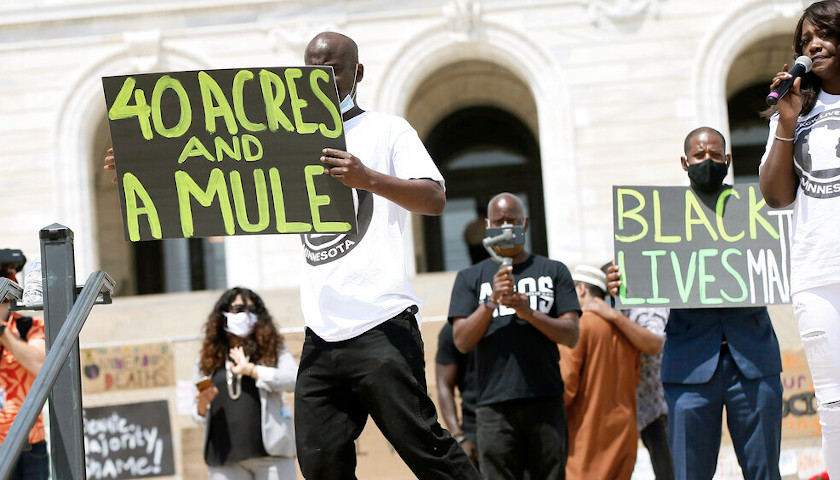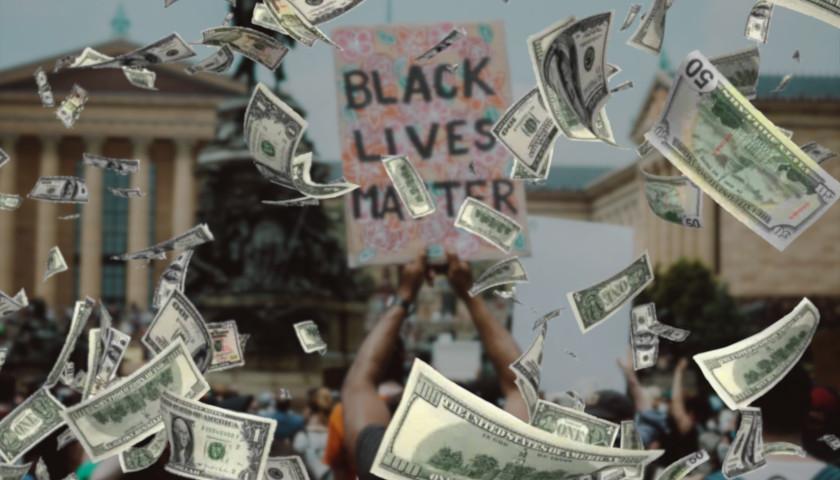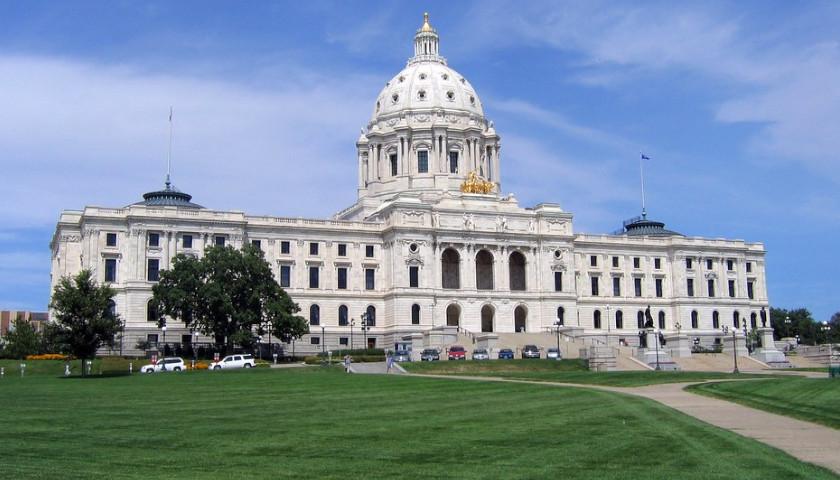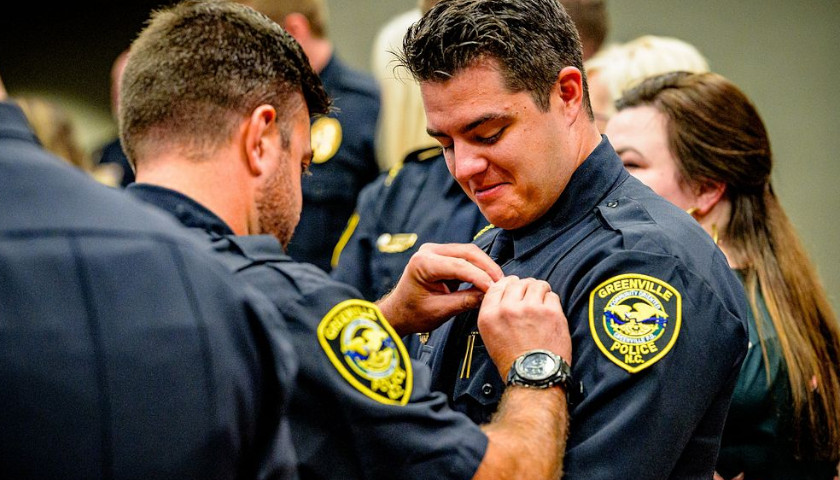MINNEAPOLIS, Minnesota (AP) — Minnesota legislative leaders traded barbs Saturday after a special session collapsed with no deal on revamping policing following the death of George Floyd in Minneapolis, a session that one group called “a train wreck.”
The two sides may be back at it in another special session next month.
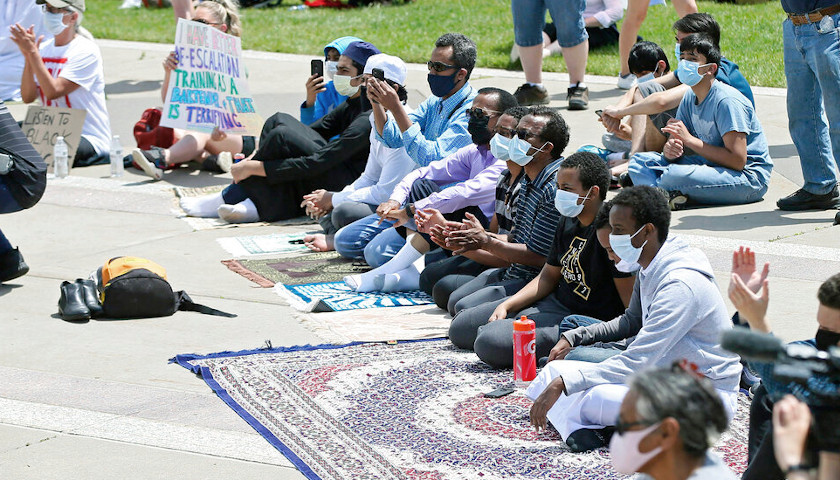
The Republican-controlled Senate adjourned just after 6 a.m. Saturday, after GOP Senate Majority Leader Paul Gazelka, of East Gull Lake, repeatedly said that Friday was his deadline for adjournment, and that lawmakers should focus on proposals both parties would support.
“I’m frustrated this morning because I thought we were actually going to do some things together,” Gazelka said before adjourning. He blamed “behind the scenes arm-twisting” from Democratic Gov. Tim Walz for ending “any hope of working together right now.”
“We’re not walking away from Minnesota here, but I think we could all benefit from a breather,” Gazelka said, Minnesota Public Radio News reported.
Minority Democrats criticized the move.
“I’m deeply disappointed that Senate Republicans ended the special session before our job was done,” Senate Minority Leader Susan Kent tweeted. “We should stay and finish the work of the people of Minnesota.”
The Democratic-controlled House early Friday passed an extensive package of police accountability measures wrapped into one bill. It included elements of more modest policing bills that the Republican-controlled Senate passed earlier in the week, but with some additions that Republicans did not like.
Early Saturday, Democratic leaders backed away from some of their demands that Republicans opposed, including having the state attorney general prosecute all police-involved deaths and restoring voting rights for felons. But they insisted that Republican senators needed to support other major pieces, including banning “warrior-style” training for police, allowing cities to impose residency requirements on officers and creating a state community-led public safety office, The Star Tribune reported.
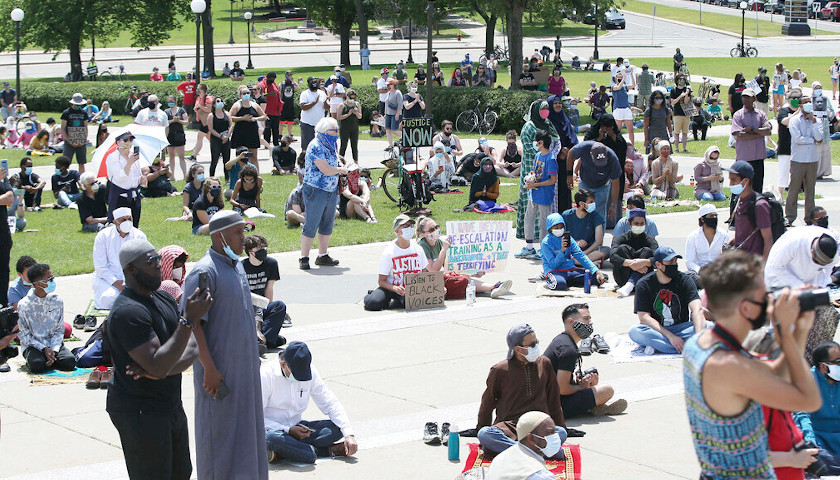
The special session was necessary for Walz to extend emergency powers necessary to manage the coronavirus, but Floyd’s May 25 death after a Minneapolis police officer pressed his knee into Floyd’s neck for nearly eight minutes put the main focus on proposals to change policing in the state. But the two parties proved far apart on how wide-ranging those changes would be.
House Speaker Melissa Hortman said majority Democrats in the Minnesota House are “ready and willing to continue working to find agreement” with Senate Republicans and Walz.
“This moment in history calls upon us to deliver transformative policy to further racial justice. There is nothing more pressing than the need to change law and policy so that it values and protects the lives of Black, Indigenous, and people of color in Minnesota,” Hortman said in a statement.
The two parties also remained divided on the main unfinished business of the 2020 regular session, a public construction borrowing package known as a bonding bill, which could have included money for rebuilding neighborhoods in Minneapolis and St. Paul where businesses were damaged and destroyed in the unrest that followed Floyd’s killing. Other unresolved issues included a potential tax break that could have benefited businesses seeking to rebuild, and how to allocate federal coronavirus relief money to local governments from the $2.1 billion that the state received.
“The special session was a train wreck,” said Audrey Nelsen, president of the Coalition of Greater Minnesota Cities and a Willmar City Council member. “Between the COVID-19 pandemic, economic downturn and recent civil unrest, Minnesotans need strong state leadership at the Legislature now more than ever. Instead we got arbitrary deadlines, broken deals and partisan battles.”
Nelsen added: “There is plenty of blame to go around for this disastrous special session. The people of Minnesota deserve better.”
Lawmakers may return in mid-July. If Walz seeks to extend his emergency powers an additional 30 days, he’s required to call another special session for July 12 to let lawmakers object. House Democrats blocked a Senate GOP attempt last week to remove the governor’s emergency authority.
– – –
Jeff Baenen reports for The Associated Press. Associated Press reporter Steve Karnowski contributed to this report.
About the Headline Photo: People demonstrate at the Minnesota State Capitol in St. Paul, Minn. on Friday, June 19, 2020, to mark Juneteenth. Juneteenth marks the day in 1865 when federal troops arrived in Galveston, Texas, to take control of the state and ensure all enslaved people be freed, more than two years after the Emancipation Proclamation.AP Photo/Jim Mone)

